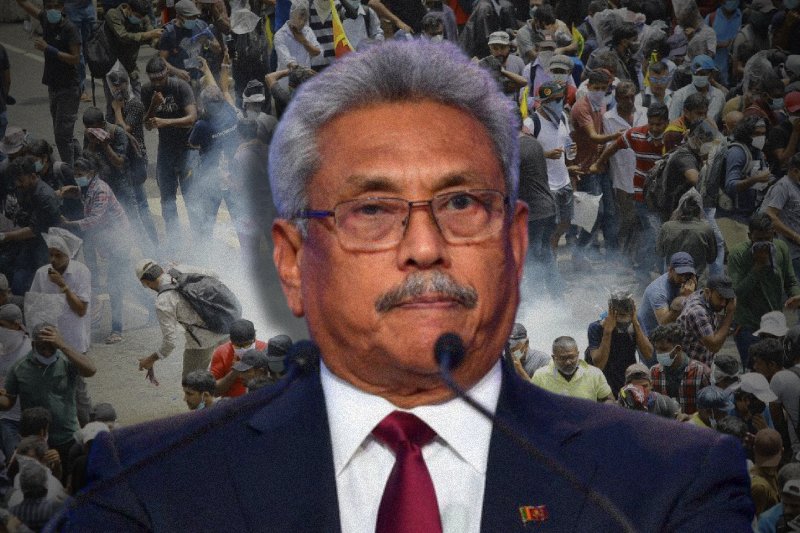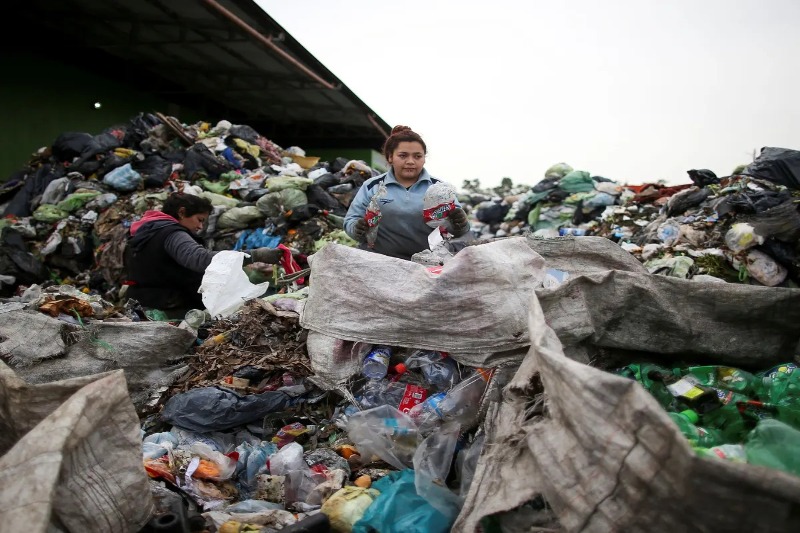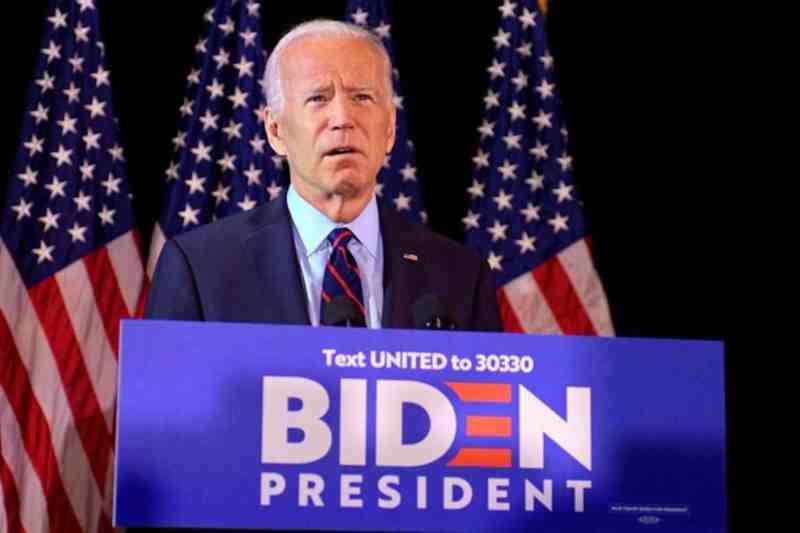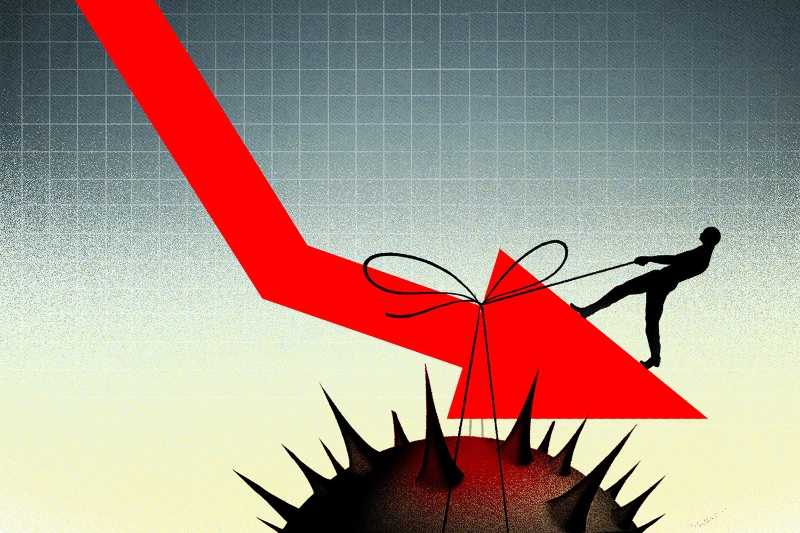
Sri Lanka’s economic crisis: Rajapaksa has fled the country
Gotabaya Rajapaksa, the embattled President of Sri Lanka has fled the country early on Wednesday – hours before he promised to resign as the country head amid catastrophic economic crisis in the Asian country that led to mass protests across Sri Lanka by angry people.
In the middle of night on Wednesday, President Rajapaksa, his wife and two bodyguards left for Male, the capital city of Maldives aboard a Sri Lankan Air Force plane.
“Under the provisions of the constitution and on a request by the government, the Sri Lanka air force provided a plane early today to fly the president, his wife and two security officials to the Maldives,” a statement said.
At the time when Rajapaksa left the country, he had still not resigned as the president. The anti-government protesters had given him deadline of 1 pm on Wednesday to resign, or threatened of mass civil unrest.
Dramatic sequence of events till Rajapaksa fled
The last 24 hours leading to Rajapaksa leaving the country have been dramatic, to say the least. On Monday, Rajapaksa’s attempt to leave the country went downhill after he was blocked from boarding a Dubai bound commercial flight after the staff at airport refused to stamp his passport.
Interestingly, Rajapaksa was quite adamant to leave the country before 13th July, the day he had said of presenting his letter of resignation. This might be a plan altogether – till the time he is president of Sri Lanka, Rajapaksa can enjoy immunity from arrest.
Rajapaksa – the reason behind Sri Lanka’s economic crisis
“We don’t like it. We want to keep him. We want our money back! And we want to put all the Rajapaksas in an open prison where they can do farm work,” said protester GP Nimal. Similar are the sentiments echoed by scores of Sri Lankan protesters who are on streets – angry over the devastating economic crisis in Sri Lanka led in by extensive corruption and poor governance by Rajapaksas, the family regime in Sri Lanka for decades now. The people are struggling to get basic things like food and fuel as the country is piled up with foreign debt.




